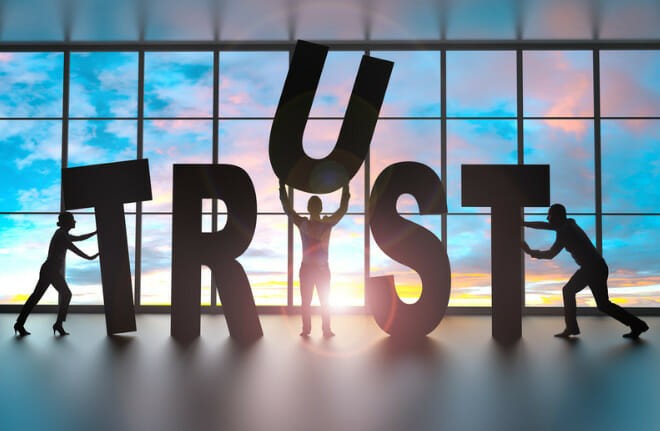providencemarianwood.org – Trust is a foundational element of effective team dynamics, influencing everything from communication to collaboration and overall performance. In a team setting, trust fosters an environment where members feel safe to express ideas, take risks, and rely on one another. This article explores the critical role of trust in team dynamics and offers strategies for building and maintaining trust within teams.
The Importance of Trust in Teams
-
Enhancing Collaboration
Trust enables team members to collaborate more effectively by facilitating open communication and the free exchange of ideas. When team members trust one another, they are more willing to share information and resources, leading to more innovative solutions and successful outcomes.
-
Improving Communication
In a trusting environment, team members feel comfortable expressing their thoughts and concerns without fear of judgment or retaliation. This openness leads to clearer communication, fewer misunderstandings, and a stronger alignment on goals and objectives.
-
Increasing Engagement and Motivation
Trust boosts engagement and motivation by creating a supportive work environment where team members feel valued and respected. When trust is present, individuals are more likely to take initiative, contribute their best efforts, and remain committed to the team’s success.
-
Facilitating Conflict Resolution
Trust plays a crucial role in resolving conflicts constructively. In a trusting team, members are more willing to address disagreements openly and work towards mutually beneficial solutions, reducing the negative impact of conflicts and strengthening team cohesion.
Strategies for Building and Maintaining Trust
-
Lead by Example
Leaders play a pivotal role in establishing trust within a team. By demonstrating integrity, transparency, and reliability, leaders set a positive example for team members to follow. Consistent and ethical behavior from leaders builds trust and encourages similar conduct among team members.
-
Encourage Open and Honest Communication
Create an environment where open and honest communication is encouraged and valued. Encourage team members to share their ideas, feedback, and concerns, and actively listen to what they have to say. Providing regular opportunities for dialogue helps build trust and strengthens relationships.
-
Foster Team Collaboration
Promote collaboration by creating opportunities for team members to work together on projects and tasks. Collaborative experiences build trust by allowing members to learn about each other’s strengths, capabilities, and working styles.
-
Acknowledge and Celebrate Contributions
Recognize and celebrate the contributions and achievements of team members. Acknowledgment shows appreciation and reinforces trust by demonstrating that each member’s efforts are valued and that their role is important to the team’s success.
-
Address Issues Promptly and Fairly
Address issues and conflicts promptly and fairly to maintain trust. Avoiding or mishandling problems can erode trust, while transparent and equitable resolution reinforces it. Ensure that all team members feel their concerns are taken seriously and handled with respect.
-
Build a Culture of Accountability
Encourage a culture where accountability is embraced. When team members take responsibility for their actions and commitments, it strengthens trust and reliability within the team. Set clear expectations and hold everyone accountable for meeting them.
Conclusion
Trust is a vital component of successful team dynamics, influencing collaboration, communication, engagement, and conflict resolution. By understanding its importance and implementing strategies to build and maintain trust, teams can create a supportive and productive environment where all members thrive. Trust is not a one-time achievement but an ongoing effort that requires commitment and consistency from every team member.
